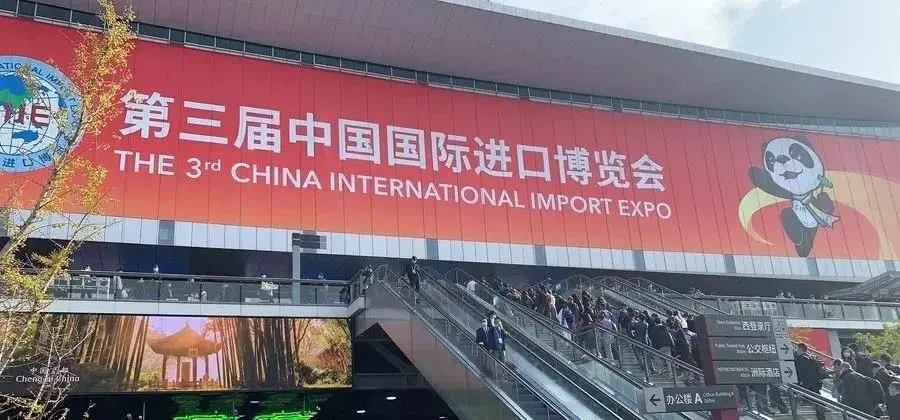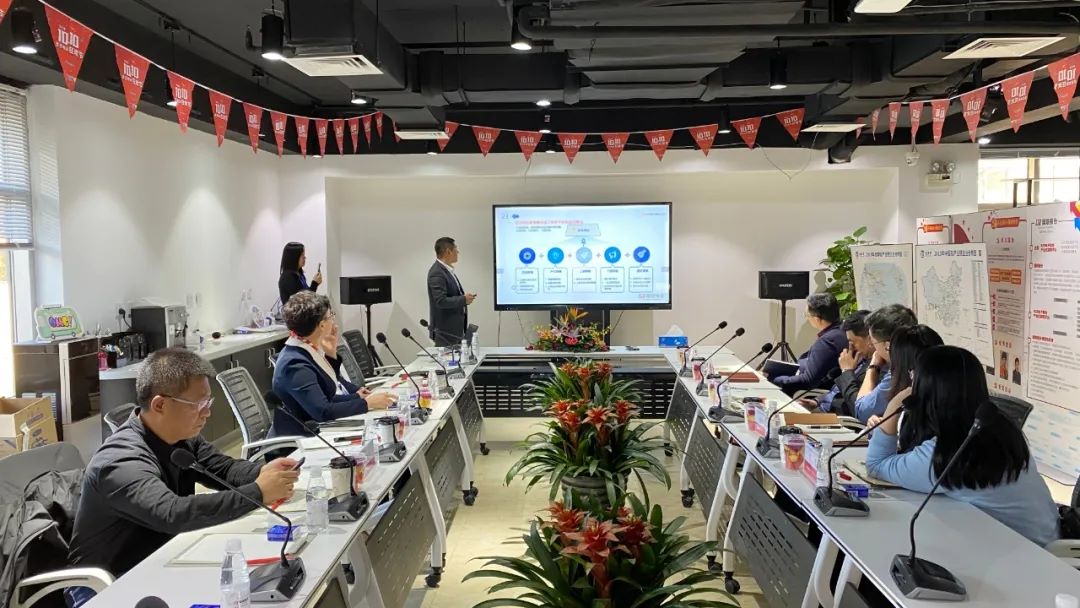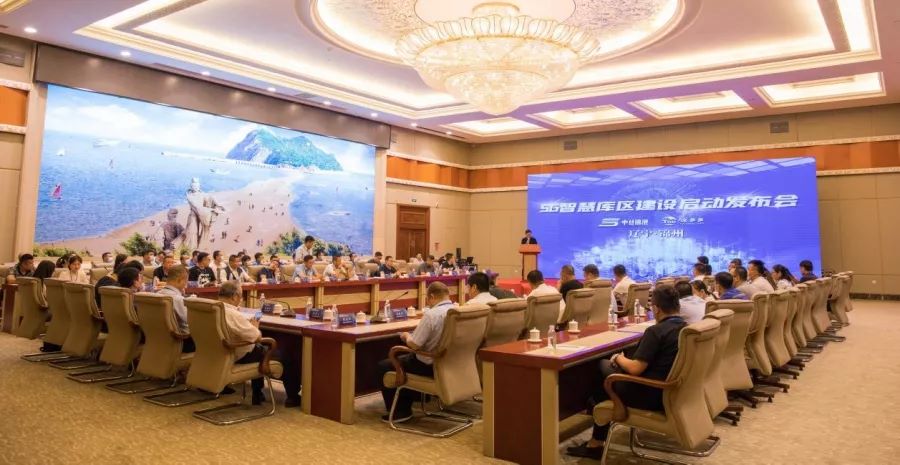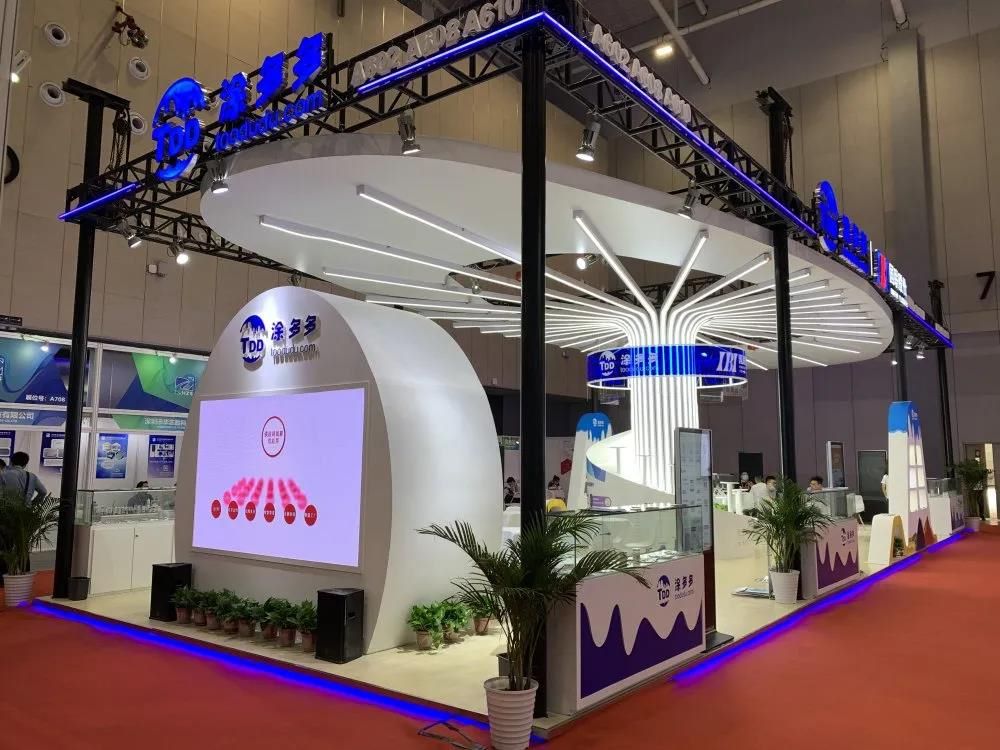Emergency! Major adjustment to US tire tariffs!
On May 3, 2025, the United States officially imposed a 25% tariff on imported auto parts, including passenger car and light truck tires. Previously, the U.S. tariff on Chinese tires was 245%, and with this tariff rate, the price of Chinese tires exported to the United States has increased to 270%! Chinese tire factories' business in the United States has been ruined by Trump!

01 The price of Chinese tires has tripled in one month
On April 10, 2025, the United States announced that it would impose reciprocal tariffs on products exported to the U.S. market worldwide; on April 15, the United States will upgrade tariffs on Chinese products exported to the United States to 245%.
For half a month thereafter, the United States did not take any more tariff actions, but instead temporarily announced a 90-day tariff suspension period because of the possible price surge (but a 10% tariff is still required).
But only half a month later, on April 29, the United States suddenly announced that it would impose a tariff on auto parts at a rate of 25%. At the same time, the United States also stated that the 25% tariff is not the final rate - auto parts subject to a 25% tariff may also be subject to anti-dumping or countervailing duties.

It can be seen that the ultimate goal of the US tariff upgrade is only one, to make the price of tires imported into the United States exceed the price of tires sold by local manufacturers. After all, according to the import data in 2024, the current US imported tires account for 75% of the US replacement tire market (US tire imports in 2024 reached 137.4 billion yuan).
The United States is trying to regain the 75% market share that has been taken away by increasing tariffs. Since the tariffs were announced in April, Goodyear, Sumitomo Rubber, and Yokohama have all increased their North American prices, especially Sumitomo Rubber, where the prices of some products have increased by up to 25% compared to before. But it is worth noting that Goodyear and Yokohama have factories in the United States, and their reason for the price increase is that the price of imported raw materials in the United States has increased due to tariffs.
Therefore, in May, the United States officially raised the price of imported auto parts again - making the price of imported tires even higher! Chinese tire factories have become numb to the repeated tariff increases by the United States. A 45% increase means that profits are already slim, but you can still make ends meet by tightening your belt; a 145% increase means that this business cannot be done; a 245% increase means what is the difference between this and a 145% increase; a 270% increase means even less difference, and the same refusal to do business exists, the latter just adds up the numbers.
The road for Chinese tire factories to export to the United States is blocked, so export to other countries! The UK discussed adding a 1,000 yuan tax on each Chinese truck tire in 2024, and the EU continued to impose anti-dumping and anti-subsidy tariffs on Chinese truck and bus tires in 2025. The new effective tax rate is an anti-dumping tariff of up to 35.75 euros per tire, and an anti-subsidy tariff of 3.75-57.28 euros per tire.
The latest EU statistics show that the number of truck tires exported from China to the EU has declined from 2022 to 2023. What's worse is that at the end of April, the EU decided to impose high tariffs ranging from 7.3% to 66.7% on many types of Chinese goods. The reason for the taxation is that the market share of Chinese products in Europe has risen sharply, and the local industry in Europe has been challenged.
The difficulty of Europe's tire export is also escalating. In addition, South Africa and South America are also constantly imposing tariffs on Chinese tires, and Russia has also launched a double-reverse investigation on Chinese tires in 2025. It can be said that under the siege from all sides, the road to export of Chinese tires has become more difficult. Therefore, many tire companies began to envy tire companies that started to deploy overseas production capacity 10 years ago. However, their days are also becoming more and more difficult with the changes in tariffs!
02 Reciprocal tariffs, global tires are collectively bleak.
First, the US tax rate for Southeast Asia will return to about 40% in two months. At the same time, the EU tax rate is also 20%, Morocco's tax rate is 10%, and South America's tax rate is also around 10%. Although the 25% tariff on auto parts that was imposed on May 3 does not currently apply to parts that meet the requirements of the United States-Mexico-Canada Agreement, the United States said that its Department of Commerce will establish a separate tax collection procedure later.
It is only a matter of time before Mexico and Canada are subject to high tariffs. It can be said that as long as tire products are not produced in the United States, they will be subject to tariffs. This is why Pirelli is eager to expand production in the United States.
At present, Pirelli's domestic production capacity in the United States is only 400,000, which is far from enough for direct market supply, but it is still unknown how the tariff changes will be for imports from its Mexican factory in the future.
Even if the production capacity of Mexico and the United States is fully adjusted to full production, Pirelli can only meet 60% of the supply in the US market. The remaining 40% of tire products need to rely on the production capacity of Brazil and Europe, and tires from these two countries are subject to 20% and 10% tariffs when exported to the United States-prices are getting higher, so Pirelli is becoming more and more anxious about expanding production in the United States.
Tire companies that already have factories in the United States, such as Michelin, Goodyear, Hankook Tire and Titan International, are temporarily relieved. Especially Titan International, it is waiting for this year's "big win".
According to statistics from relevant US agencies, the market share of trailer tires in the United States in 2024 is almost all occupied by imported tires. After acquiring the Carlstar Group, Titan has once again expanded its production and sales of special tires, wheels and outdoor equipment.
This tariff will undoubtedly increase the price of related products exported to the United States, thereby winning more market share for this tire company. Therefore, in an interview in April, Titan International showed eager expectations for future sales in the US market.
It is still unknown whether Sumitomo Rubber, which decided to close its US factory at the end of 2024, will change its decision due to US tariffs. At that time, Sumitomo Rubber gave the reason for closing the factory that even if the Thai factory was charged high tariffs, the cost would be lower than producing tires in the United States.
However, when Thailand was charged a 36% tariff and a 25% tariff on auto parts, it is still unknown whether the Thai factory is still the best choice in terms of cost. At least from the latest layout of Chinese tire companies, the Thai factory does not seem to be a "cost-safe" place anymore.
03 Where will the next Dongying be under tariffs?
In April 2025, Linglong announced plans to build a factory in Brazil. When facing investors' questions about the purpose of Brazil's capacity layout, Linglong admitted that it is currently an important window period for the intensification of international trade barriers and the reshaping of the industry structure. In order to further enhance its global competitiveness and risk resistance in the context of intensified international trade frictions, it has prudently chosen to build its third overseas base in Brazil.
In addition to Brazil's important position in the global automotive manufacturing industry, building a factory in Brazil can help Linglong radiate the tire markets in South America, Africa and other regions, and effectively improve the product supply and service timeliness in surrounding markets.
In fact, Brazil is also an important capacity supplement for foreign tire giants to supply the North American market-geographic radiation is convenient and the cost is relatively lower. The current 35% tariff (10% reciprocal tariff and 25% tariff on auto parts) makes it a "safe haven" at least for now.
However, whether Brazil, South America, or Mexico in North America will become another "overseas Dongying of tire companies" like Southeast Asia is still undecided. After all, the almost completely different humanities make North and South America completely unfamiliar to Chinese tire companies. The tire giants who entered here in the 1970s and 1980s almost fell.
However, it is not possible not to take this step. Looking at the first quarter financial reports of Chinese tire companies, the current tire business is really not optimistic.
04 The tire business will be even more unsaleable in 2025.
In the first quarter of 2025, the net profit of listed tire companies in China decreased by nearly 700 million compared with the same period in 2024. In addition to Sailun, almost all tire companies have experienced varying degrees of profit decline, and some tire companies have earned nearly 70% less than in the first quarter of last year. The financial data of some tire companies show a decline in sales of more than 3%, and such a situation often only occurs in the financial data of foreign giants in recent years.
The reason for the decline in sales is currently very simple-tire companies can't bear the price increase of products due to rising costs! In the first quarter of 2025, Chinese tire companies experienced a cost increase of more than 10%, and some tire companies raised prices by more than 5%, which brought a critical blow to the sales of some companies. Even for tire companies whose sales were not affected, the 5% price increase did not solve the impact of cost increases on profits.
Therefore, in the first quarter of 2025, most tire companies experienced a profit decline of more than 10%. What is more worrying for companies is that this situation does not seem to improve in the second quarter - the "definite" decline in export sales is dragging tire companies into "purgatory mode"······









